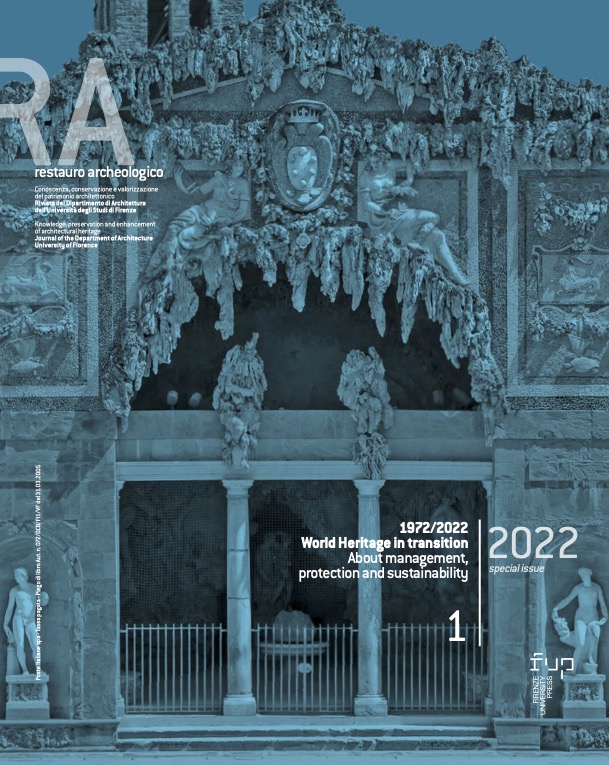La Dichiarazione europea per lo studio del latino e del greco antico: filologia e autenticità dei beni culturali
Published 2023-02-03
Keywords
- Intangible Cultural Heritage,
- Classical languages,
- Cultural heritage
How to Cite
Abstract
On November 26, 2021, the Ministers of Education of four countries - Italy, France, Greece and Cyprus - signed a memorandum of understanding for the defense and enhancement of classical languages, publishing a joint declaration in which they undertake "to strengthen cooperation in the study of Latin and Ancient Greek, encouraging and developing bilateral and multilateral partnerships', with the aim of promoting knowledge of these languages. The document explicitly recognizes Latin and Greek as European intangible heritage both for their historicity and for the economic value connected to them. Classical languages, vehicle of the intangible heritage and essential defense tool, are explicitly linked for the first time with scientific progress, eliminating a dangerous dichotomy, recently invaded, between theory and practice, between philological studies and scientific skills, and reiterating that it is not possible to know the past and intervene in the future without the necessary presence of the linguistic codes that have generated the culture of humanity. The contribution aims to elaborate and order the value of ancient media as a scientific tool for the generation and dissemination of the cultural characteristics of modern man.


